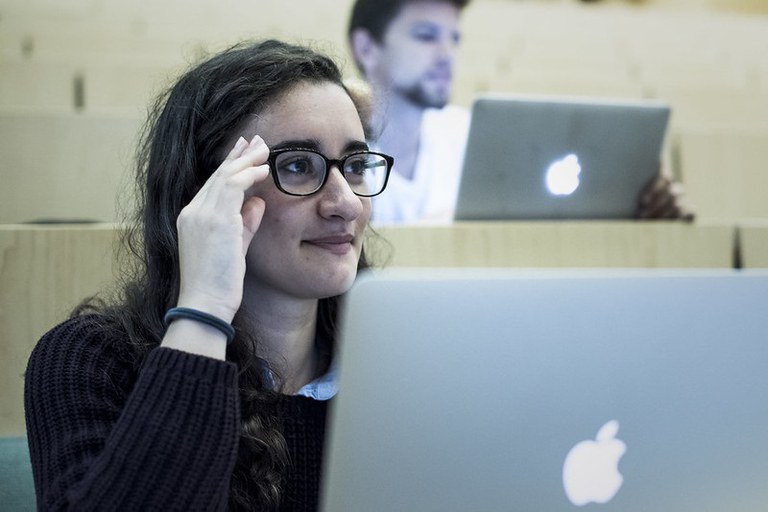Master'sdegree programmes
A Master's degree from will give you exceptional theoretical knowledge and the ability to apply it practically.
What is a Master's degree programme?
A Master's programme in Denmark is an advanced, research-based course that take two years. It consist of compulsory courses, elective courses and thematic courses. You can often choose between a general track, or a specialisation within your programme.
It includes a final dissertation (normally 30-60 ECTS credits) or, in certain subjects, a more practical project.
What does the programme consist of?
A broad range of interdisciplinary programmes have been developed to meet the needs of a globalised, knowledge-based society. Upon completion of the programme, you will be able to enter the labour market or undertake further studies (e.g. a PhD).
The main pedagogic model in Denmark is problem-based learning. Teaching is done through lectures, seminars, practical and theoretical exercises, study visits and project work.
Your Master's studies will end after the production of a thesis, based on a large project corresponding to six or nine months of work. Some universities allow you to work on your thesis either independently or as a part of a group.
Universities often have good links with the private and public sector as well as other institutions, so there will be good opportunities to opt for placements and study abroad.
Candidatus is the name for a Master's in Denmark. The title of Master's is then made up of the degree (Cand., short for Candidatus) and the discipline in which it was studied.

